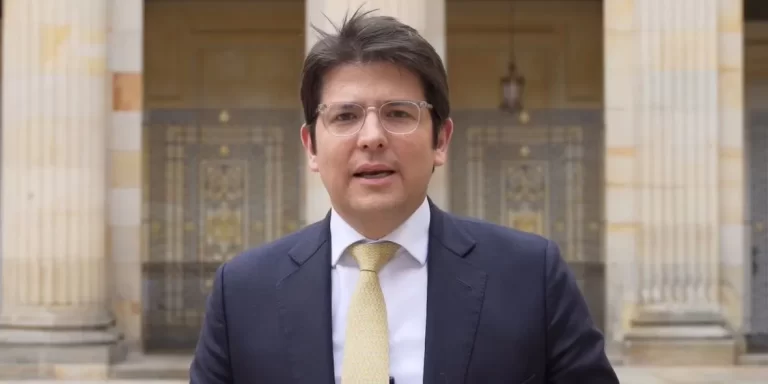[ad_1]
MADRID (Reuters) – Catalonian leaders on Friday appealed to the Spanish government for dialogue to avert an impending political crisis over a planned referendum on independence as Madrid took measures to stop state cash being used to fund the vote.
Police also intervened to stop a meeting organized by a pro-independence Catalan party, the first public police crackdown on the process.
The government of the wealthy northeastern region has pledged to hold a referendum on breaking away from Spain on Oct. 1 in defiance of Prime Minister Mariano Rajoy, who has declared the event illegal and is bringing the weight of the state to bear to prevent it.
In a letter released on Friday, regional president Carles Puigdemont and Barcelona mayor Ada Colau wrote to Rajoy and Spain’s King Felipe saying the state had mounted “an unprecedented repression offensive”.
The letter called for “political dialogue, based on the legitimacy we all have, to make possible something that in a democracy is never a problem and even less a crime: listening to the voice of the people”.
The government said it had not received the letter.
“To talk about dialogue when the only thing the Catalan government has wanted for months, years, is a referendum come what may, seems like a threat,” government spokesman Inigo Mendez de Vigo told a news conference.
Shortly after Puigdemont and Colau’s appeal, the Budget Ministry said the uncertainty created by the stand-off could damage the economy and push up sovereign borrowing costs. Some investors sold Spanish government bonds and switched to Italian debt earlier this week.
Also on Friday, the government passed measures to gain more control over how the regional administration spends its money in a bid to stop it from using state cash to pay for the ballot.
Budget Minister Cristobal Montoro said the Catalan authorities could not be trusted to spend the money on public services rather than the planned vote.
The central government made arrangements to take over the funding of most essential public services if Puigdemont failed to guarantee, within 48 hours of the measures coming into force, that public cash was not being used to fund the referendum.
POLICE RAID
In Vitoria-Gasteiz in northern Spain, police interrupted a meeting held by the small pro-Catalan independence CUP party.
The CUP meeting in a civic building in the capital of the Basque Country, which also has a separatist movement, finished early after police arrived. Participants waved ballot papers and flags as they left.
The planned referendum would be the culmination of many years of campaigning by the independence movement.
Most of Catalonia’s 5.5 million voters want to have a say on the region’s relationship with Spain but the independence cause has lost support in recent years and surveys now indicate less than half the population would choose full self-rule.
The referendum would pose the question “Do you want Catalonia to be an independent republic?” to all Spanish citizens living in Catalonia. Leaders have said the assembly would declare independence within 48 hours of a “yes” vote.
Puigdemont has said no minimum turnout will be required to make the result binding.
Rajoy, who is due to attend an event for his ruling People’s Party (PP) in Barcelona, Spain’s second-biggest city, later on Friday, has said the government would come down with all the force of the law to ensure no referendum goes ahead.
Two new laws passed by the Catalan assembly paving the way for the vote have been suspended while state judges consider whether holding it would breach Spain’s constitution, which says the country is indivisible.
King Felipe was widely quoted as praising Spain’s democracy and social harmony at an awards ceremony on Wednesday, saying “the constitution will prevail over any rupture in that”.
Mayor Colau gave a boost to the referendum campaign on Thursday with a message that the vote would go ahead in Barcelona, without civil servants involved risking their jobs.
Courts have already suspended from office and leveled
millions of euros in fines at Catalan politicians who organized
a non-binding referendum in 2014, which returned a “yes” vote on
a low turnout.
Reporting by Raquel Castillo and Isla Binnie in Madrid and Vincent West in Vitoria-Gasteiz; Editing by Sonya Dowsett and Angus MacSwan Osmond
[ad_2]
Source link






Leave a Reply